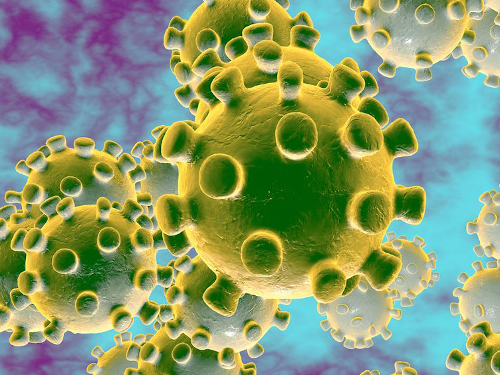A gastroenteritis outbreak is currently affecting dogs throughout the UK and dog owners are advised to be as vigilant as possible.
Gastroenteritis is the inflammation of the stomach and intestines. The infection causes dogs to experience diarrhoea, vomiting and stomach pain. The condition is more likely to affect young dogs or those whose immune system is already compromised.
Symptoms of gastroenteritis in dogs typically include vomiting and diarrhoea. Other symptoms include:
- Dehydration
- Nausea
- Foamy bile in vomit
- Dry heaving or gagging, especially after eating or drinking
- Abdominal tenderness
- Raised Temperature
- Depression
- Lethargy
- Loss of appetite
- Weight loss

If your dog has vomiting and diarrhoea with or without any other symptoms, please take your dog to the vets as soon as possible and where able collect a stool sample to take along with you. You will also need to provide information about your dog’s diet, any medical conditions, and anything else affecting your dog’s health. This will help them find the underlying condition responsible for your dog’s gastroenteritis
Treatments for gastroenteritis in dogs vary widely, your vet may recommend withholding food for 24 to 48 hours, or where dehydration occurs (or where animals are young or vulnerable due to other illness) admission for intravenous fluids and other medication. Your vet may also prescribe medication for you to give to your dog.
In order to try to prevent gastroenteritis in dogs, it is advised to ensure that your dog’s vaccinations and worming are both up to date. If your dog is currently showing symptoms, please isolate your dog until they are symptom free as the disease is very easily spread from one dog to another.
Help to keep your dog safe and prevent the spread, by following these 3 golden rules
- Inoculate your dog and keep flea and worming treatments up to date
- Treat your dog at first sign and take your dog to the vets
- Isolate your dog while showing symptoms to prevent further spread




